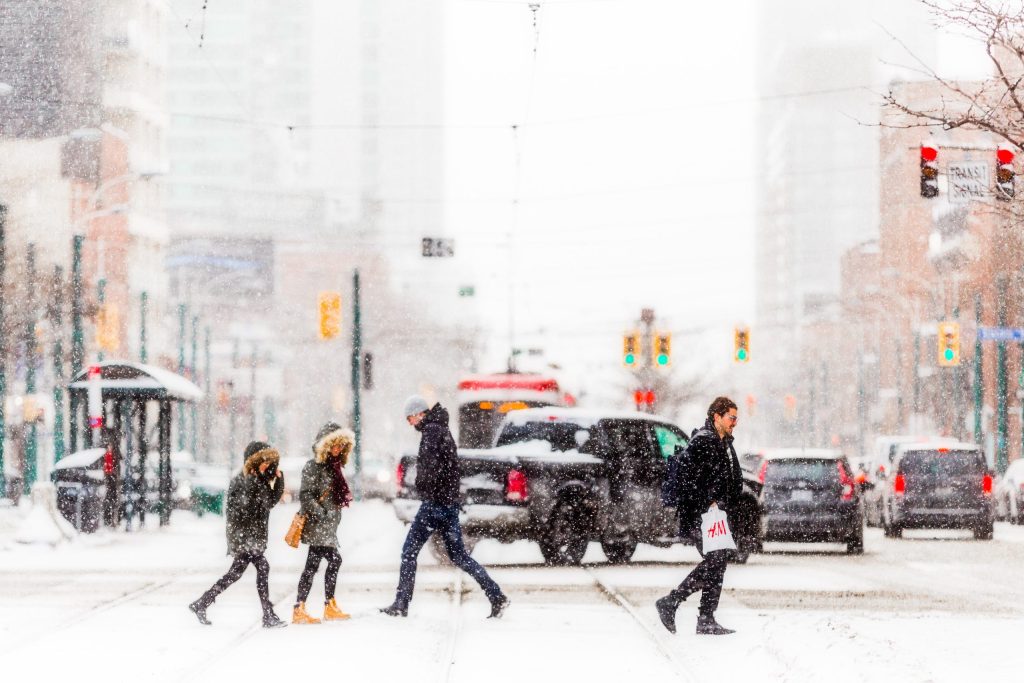Who to call when: Toronto education campaign cracks down on 9-1-1 misuse

Posted June 17, 2025 7:33 pm.
Last Updated June 17, 2025 7:34 pm.
Do you know who to call when someone is experiencing a mental health crisis and needs support? It’s not 9-1-1, but 2-1-1.
A Toronto education campaign, ‘Make the right call’ is aiming to clear up confusion and crack down on 9-1-1 misuse.
The movement comes with renewed urgency in light of a recent incident where a 9-1-1 caller was put on hold for almost 7 minutes, while a teenage boy was dying from a gunshot wound.
Organizers initially launched ‘Make the right call’ after the 2022 Toronto Auditor General report found that only 43 per cent of 9-1-1 calls were for emergencies, while the other 57 per cent were non-emergency, abandoned phone calls, pocket dials, or calls for information.
“I think it’s important just to differentiate emergency to non-emergency,” said Toronto Councillor Chris Moise. “If it’s a neighbor making loud noises for example, call 3-1-1, if someone’s having mental health crisis and needs support, that’s 211, if someone is overdosing and may experience a life and death situation that’s 911,” he said.
According to Toronto Police data, officers have received nearly 280,000 non-emergency calls so far in 2025, and in 2024, that number was more than 652,000.
City officials say it’s important for Torontonians to know the difference between emergency and non-emergency calls.
“We really don’t want to be tying up the emergency line with non-emergency items so that those are focused on the calls where people are in dire need,” said Roopy Chhina, a spokesperson for the City of Toronto.
Who to call when:
- Call 311 for City services and programs;
- Call 211 for mental health supports;
- Call 416-808-2222 for non-emergencies police matters;
- Call 811 for Minor Medical Issues;
- Call 911 for all emergencies requiring immediate assistance, where people or property are at risk and Police, Fire or Paramedics are required.
For more information visit toronto.ca/maketherightcall








